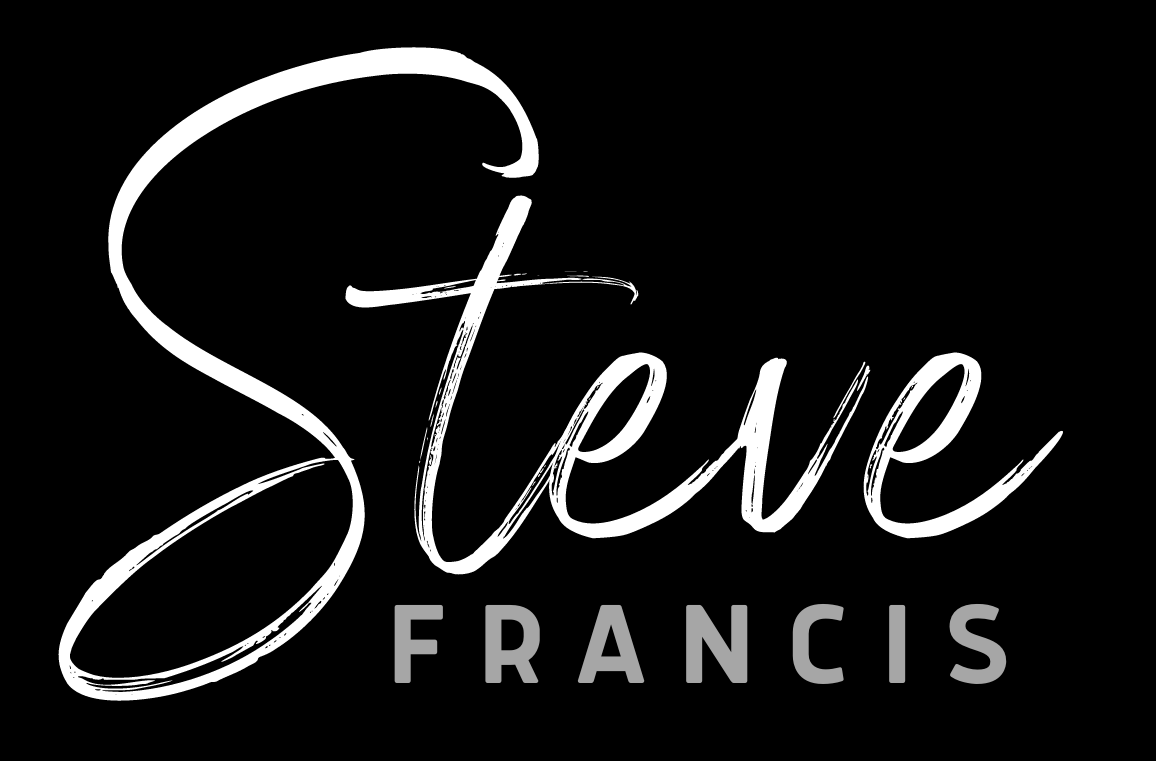I was intrigued to read a post that positioned men as naturally more confident than women. I particularly liked the observation from ski instructors that when they routinely ask learners at their first lesson to rate their skiing ability between 1 and 5 they automatically discounted the response of men by 1.5 as they “always over rated themselves”. I was intrigued that gender may be reflected in confidence. I checked in with some amazing women I know and was taken aback by the self-doubt they experienced.
In “The Confidence Code – The Science and Art of Self-Assurance – What Women Should Know” the authors, Katty Kay and Claire Shipman say “The thoroughly accomplished twenty-first century woman should spend less time worrying about whether she’s competent enough and more time focused on self-belief and action. Competence she has plenty of.”
In their explanation, they say “It isn’t that women don’t have the ability to succeed; it’s we don’t believe we can succeed, and that stops us from trying. Women are so keen to get everything right that we are terrified of getting something wrong.. But, if we don’t take risks, we’ll never reach the next level.”
The authors report that the data is pretty grim. Compared with men, women don’t consider themselves ready for promotion, they predict they’ll do worse on tests and they tell researchers they don’t feel confident at their jobs.
However, there is a difference between bravado and confidence. The authors found that success correlates more closely with confidence than competence. There is evidence that confidence is more important than ability when it comes to getting ahead.
Kay and Shipman observe that part of the problem is that women can’t make sense of the rules. Women have long believed that if they just work harder and don’t cause a bother, their natural talents will shine through and be rewarded. The authors argue that with diligent effort and neuro-plasticity we can choose to expand our confidence. However, for women to achieve that, they argue, they need to stop trying to be perfect and start being prepared to fail.
I know many amazing female (and male) educators and now, more than ever we need people to step up to leadership roles.

